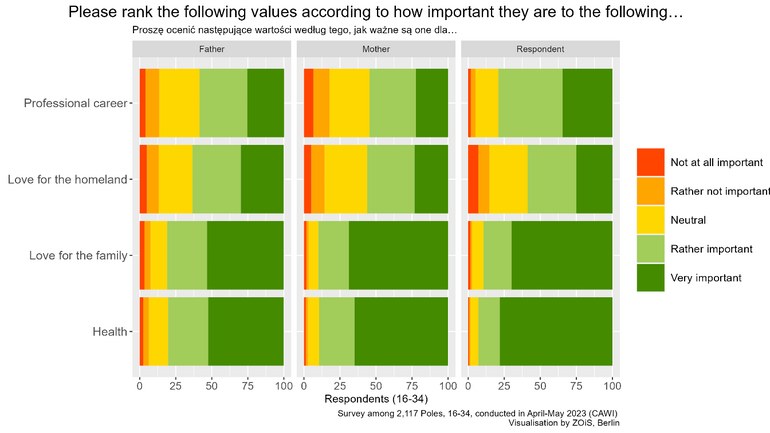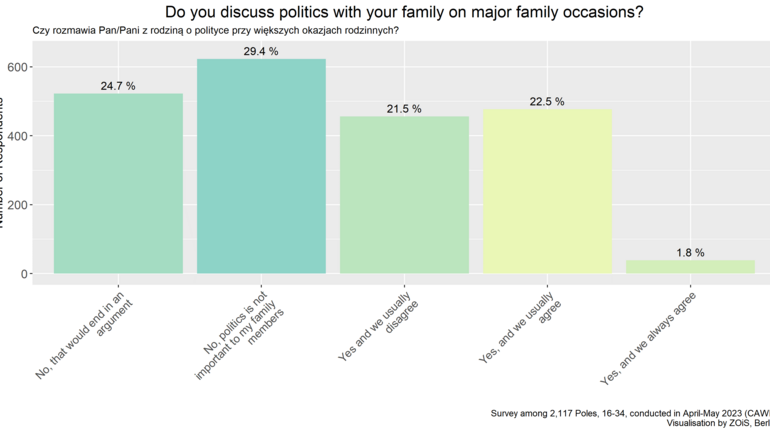Embracing the Past, Shaping the Future - Unpacking Historical Memories with MoveMeRU
We conduct parent-child surveys in Canada, Estonia, and Germany to better grasp the political socialisation of young adults. In so doing, we want to make a decisive contribution to understanding how the intergenerational perception and transmission of history are linked to political and social values. More specifically, we aim to understand how people with a Russian background differ from the national reference populations in their views on history and political values. MoveMeRU will generate comparative insights into these processes among national reference populations and Russians in the three countries of destination.
With your contribution to the survey, you become part of this academic quest. Your participation helps us unpack the links between our past, present, and future and gain a better understanding of how family dynamics influence our perception of history and politics. The data created in the surveys is entirely anonymous, which means we cannot link your responses to you personally.
A recent investigation into the historical narratives that shape the identity of young Poles allowed us to explore some of the questions we wish to address in the multigenerational surveys. It highlighted the significance of the diverse backgrounds and experiences of the young generation, as well as the impact of historical events on their sense of national and European identity. Our current project will build on these insights and focus on intergenerational dynamics in the context of social values, politics and culture.
Here are two pertinent examples from the study of young Poles:
The first figure illustrates the importance young people attach to various values and where they think their parents are positioned. Young Poles value their family to a similar degree to their mothers, but diverge strongly from the father’s generation on this question. Compared to the entire parental generation, they are much more concerned with individualistic values such as personal health or making a career, largely in line with their peers in Western European countries. However, the commitment of the two generations to the homeland is similar, suggesting a successful transmission of patriotic attitudes within society. The responses illustrate how some global norms have been embraced by young people in Poland, whereas other elements are more specific to the country and its political or educational landscape.

The second figure illustrates the role of the family as a space for political discussions. More than half of young Poles do not discuss politics at home, either because it would end in an argument or because nobody cares. One-fifth of respondents do talk about politics with their families and tell us that it usually leads to arguments, while a similar share say that there is usually agreement. Religion is a key factor in whether politics are discussed at home – those young people who are not religious are particularly wary of getting into political arguments with other family members, who tend to be more religious on average than the young generation itself. People who are in a long-term relationship are more likely to engage in political debates that lead to arguments within the family.

Back to Survey Overview
Read more about our Survey Design